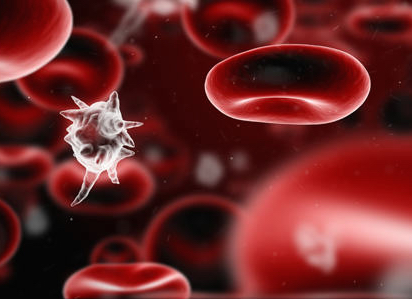Adrenocortical candidate gene expression and clinical response to hydrocortisone in septic shock

This was a sub-study of the previously published ADRENAL trial published in the New England Journal of Medicine in 2018. The authors tried to answer whether heterogeneity in treatment response to corticosteroid therapy in septic shock could be explained by altered expression of adrenocortical genes.
In the ADRENAL trial, subjects were randomised to 200 mg hydrocortisone for 7 days compared to placebo in mechanically ventilated patients with septic shock. Subjects enrolled in the ADRENAL trial were invited to participate in this study. The investigators examined a prespecified list of 11 candidate genes. These genes have expression in adrenocortical function, expression related to pituitary releasing hormones, mineralocorticoid and glucocorticoid receptors, intracellular glucocorticoid metabolism and transport protein.
A total of 494 subjects were analysed. There was no observed significant interaction between whole blood gene expression and mortality nor time to shock resolution. 2 genes, GLCC11 and 11BHSD, were identified to have opposite effects in the group treated with hydrocortisone in time to shock resolution. Patients in the treatment group who had higher expression of GLCC11 who received hydrocortisone achieved a faster resolution than patients who had received placebo. For 11BHSD, a lower expression was associated with faster shock resolution in the hydrocortisone group compared to placebo.
STUDY STRENGTHS & LIMITATIONS
Strengths
- A prespecified protocol was followed in a rigours blinded RCT
- A limited number of biologically plausible genes and outcomes were used, limiting the chance of false-positive findings
- Large sample size
Limitations
- A prespecified list of candidate genes were used, and other potential genes might have been overlooked
- The gene expression was measured at a single time point (the trend of gene expression after initial steroid administration could inform better)
- No protein concentrations have been measured
TAKE-HOME MESSAGES
Precision medicine in sepsis is moving closer to identifying 2 genes with opposite responses in time to shock resolution to hydrocortisone therapy in mechanically ventilated patients with septic shock.
This article review was prepared and submitted by Anna Hall, Guy’s & St. Thomas’ NHS Foundation Trust, on behalf of the ESICM Journal Review Club.
REFERENCES
Cohen J. et al. The relationship between adrenocortical candidate gene expression and clinical response to hydrocortisone in patients with septic shock. Intensive Care Med. 2021 Sep;47(9):974-983. Epub 2021 Jun 29. PMID: 34185116.